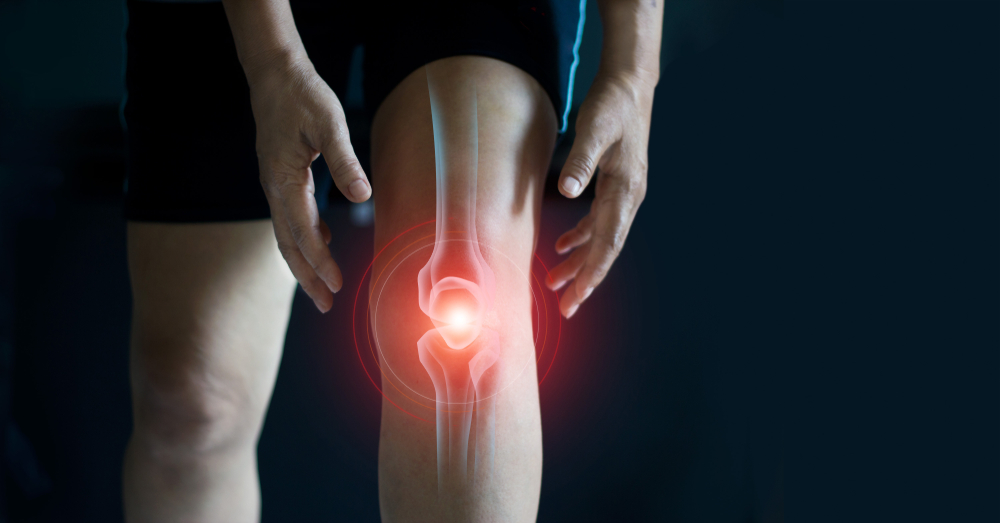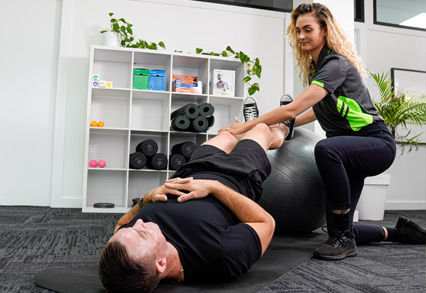Tendinopathy Treatments
Get on top of tendon pain & stiffness
Tendinopathy & tendonitis can seriously effect our sport and lifestyle, trust Altaira Allied Health to get on top of tendon issues and get you back to your best.
What is Tendinopathy?
Tendinopathy is a term used to describe pain, swelling and reduced function associated with injured tendons. This condition is caused by overuse and overloading of the tendons where the tendon is excessively strained, with chronic inflammation and small tears developing over time. It is common in the knee, shoulder, wrist, elbow, and heel.
The pain and discomfort caused by tendinopathy can interfere with how you live your daily life. It may hinder you from exercising, playing sport, doing housework, or even just your usual activities of daily living. The good news is that tendinopathy treatment is available and is a treatable condition that can be improved by seeking help from a physiotherapist or other appropriate health care professional.


How do I know if I have Tendinopathy?
Tendinopathy refers to the breakdown of collagen in a tendon which consequently leads to a burning or dull pain sensation, as well as reduced flexibility and range of motion. Other symptoms associated with tendinopathy may include stiffness, loss of strength in the area, swelling, tenderness and redness / warmth around the area.
Risk Factors
There are various risk factors that can contribute to the development of tendinopathy including high intensity training, lack of flexibility, lack of strength, too much weight on the tendon, certain sports, poor technique, and repetitive tasks such as lifting, painting, scrubbing, shovelling and typing. This condition is not just present in athletes, it can often be due to poor blood circulation in a particular tendon area from a sedentary lifestyle.


Tendinopathy Treatment Treatment Options
For initial pain relief, resting the painful area and applying ice may be beneficial as a short-term option. However, given it is an overuse injury and is not just inflammatory, this alone is not an effective tendinopathy treatment. If pain is persistent, it is recommended to seek assistance from a healthcare professional like a physiotherapist to help determine the cause of the pain and what an appropriate tendinopathy treatment plan would entail.
These treatment options may include loading or eccentric exercises to rebuild the strength of the tendon, as well as deep friction massage or dry needling to stimulate the generation of new collagen fibres. As tendinopathy develops over time, there is no quick-fix option, and the best way to achieve long-term relief is with activity modification and a graduated loading exercise program designed by an Altaira physiotherapist.

